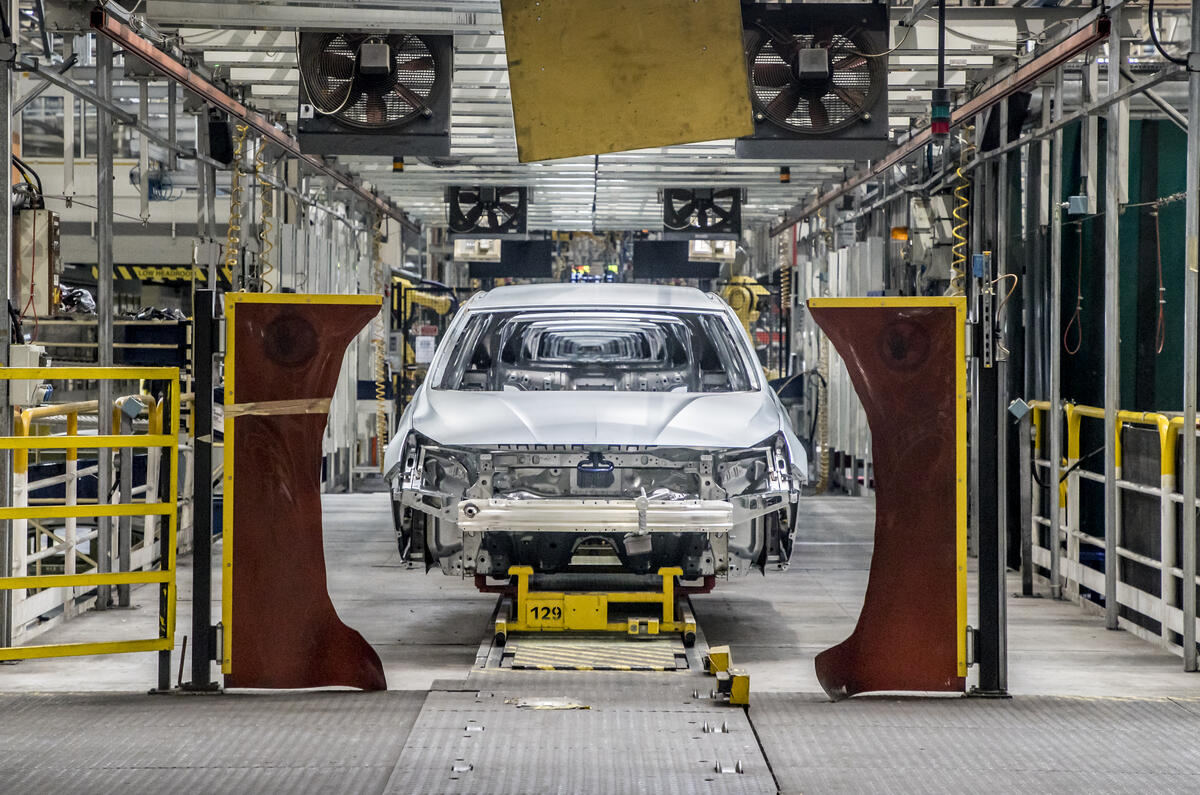The Society of Motor Manufacturers and Traders (SMMT) has called on the government to urgently help the sector and keep it globally competitive, as latest figures reveal the country is producing nearly half the number of cars it was before the Covid pandemic.
Despite a fourth consecutive month of growth in August, and a 39% (12,655-unit) uptick in car production on the same point last year, UK car production was down 42,257 units (45.9%) in August compared with August 2019, according to figures released today by the SMMT, the UK's leading trade body.




Add your comment